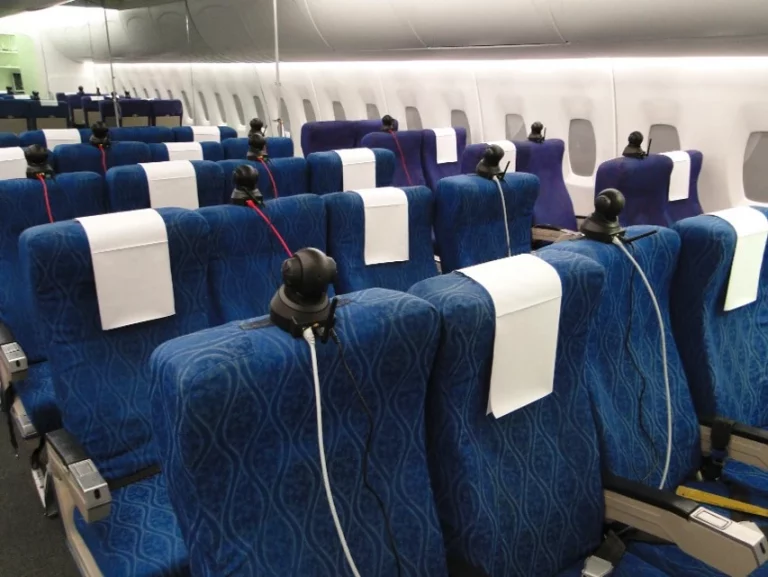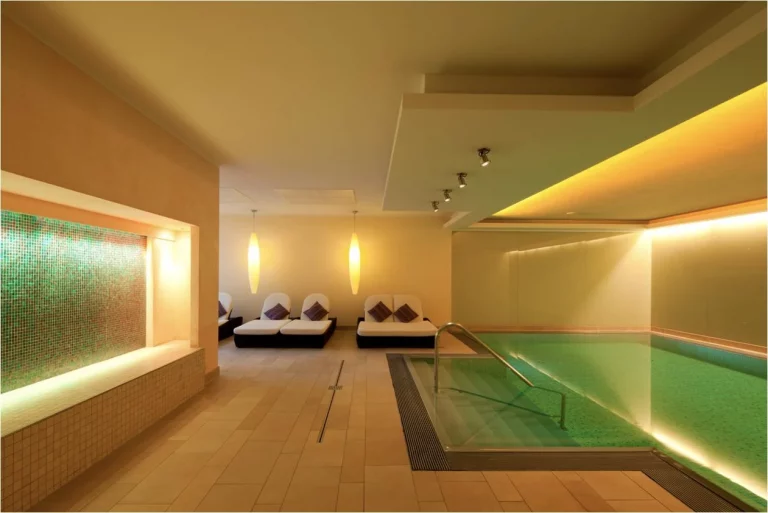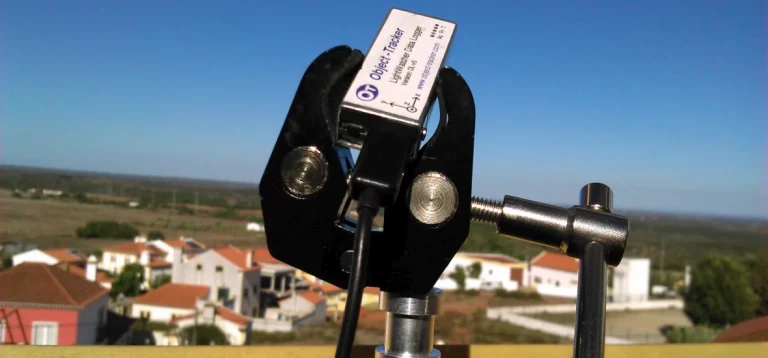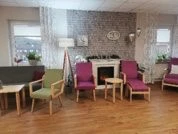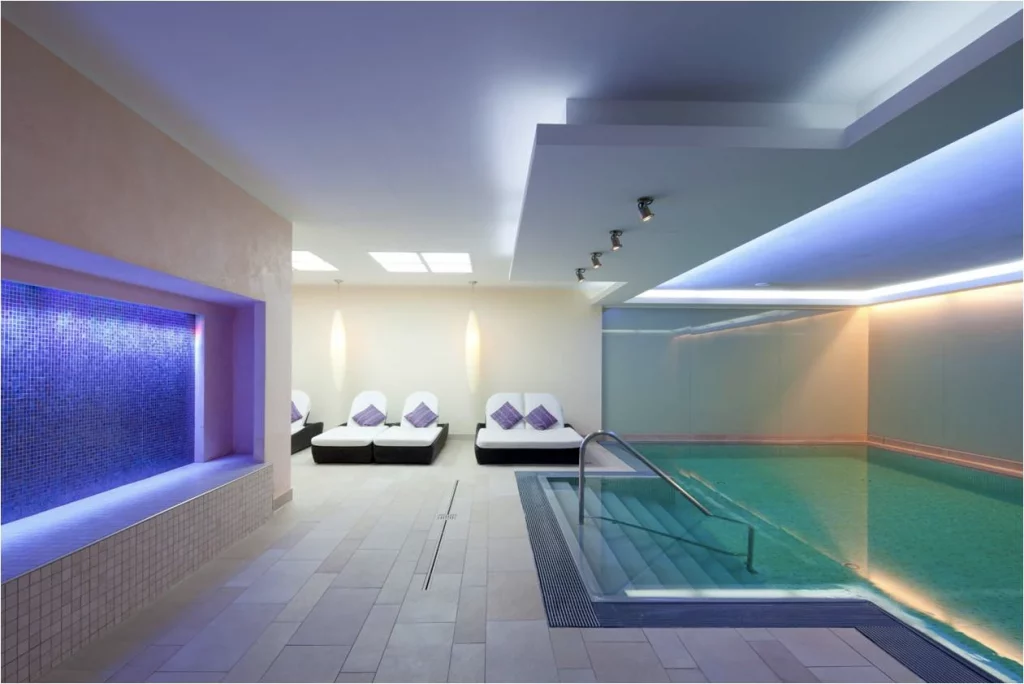
Lighting And Well-Being
Psychophysiological Investigation of the Use of LED Lighting Scenarios
Project Justification
Light – especially natural sunlight – plays a central role in synchronizing the body’s circadian rhythms, which are essential for maintaining a stable sleep–wake cycle and, in turn, for ensuring optimal health, cognitive performance, and overall well-being.
In indoor environments where exposure to natural light is often limited, these rhythms can become desynchronized, leading to disturbances in sleep patterns, mood, and physiological function. Chronobiologically optimized lighting systems offer a promising solution by mimicking the natural progression of daylight. Such systems help stabilize circadian rhythms and thereby contribute to an improved quality of life in both personal and professional settings.
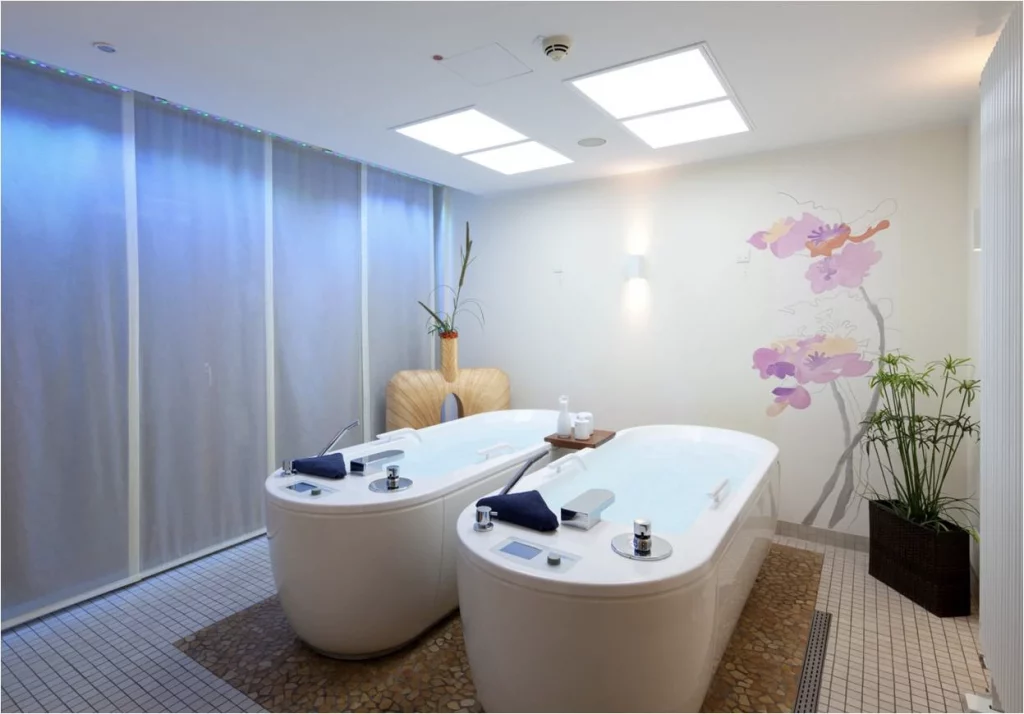
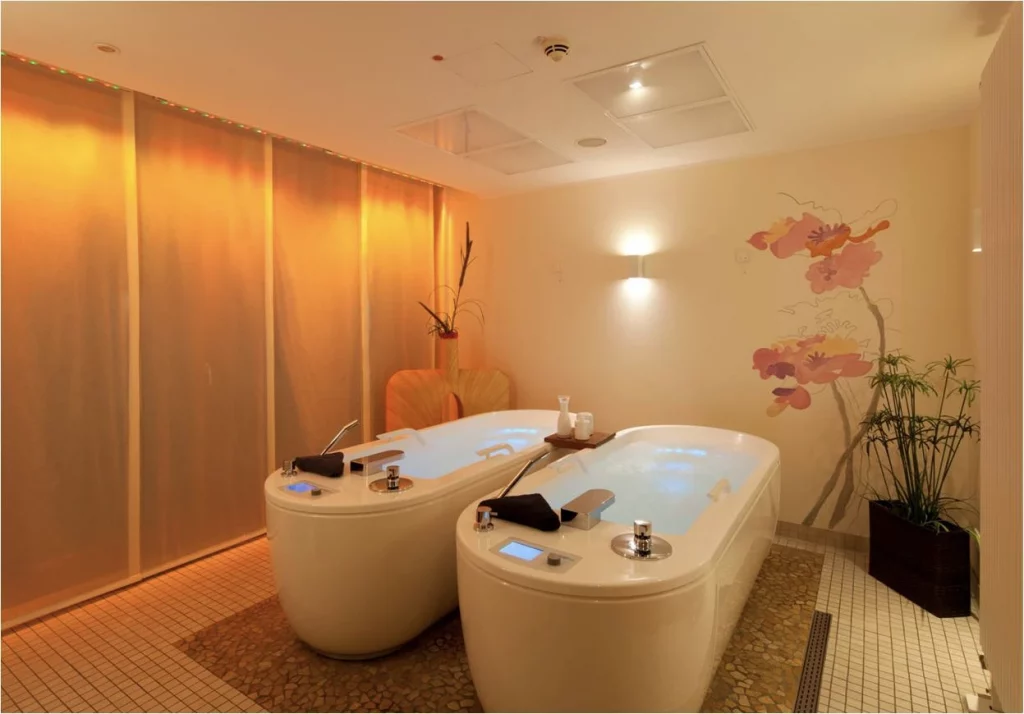
Comparison of the different lighting scenarios in the spa area
Our Approach
This study investigated the psychophysiological impact of chronobiologically adapted LED lighting within hotel environments. A subset of hotel guests was accommodated in rooms equipped with dynamic lighting systems that adjusted intensity and color temperature across various zones – including living and bedrooms, hallways, the restaurant, and a saline pool – in alignment with the time of day. A control group stayed in rooms featuring standard static lighting.
The LED technology was designed to promote circadian alignment: in the morning and afternoon, lighting conditions were optimized for increased activation through higher brightness and cooler color temperatures, while in the evening, parameters were adjusted to support relaxation and lower physiological arousal.
To evaluate the effects, both behavioral and physiological data were collected. Sleep–wake patterns, motor activity, and step counts were continuously monitored. In parallel, psychoneuroendocrinological indicators such as melatonin and cortisol levels were assessed, alongside subjective self-reports of fatigue, well-being, stress, and comfort. The comprehensive data provide valuable insights into the role of biologically informed lighting in promoting restfulness and enhancing overall guest experience in hospitality settings.

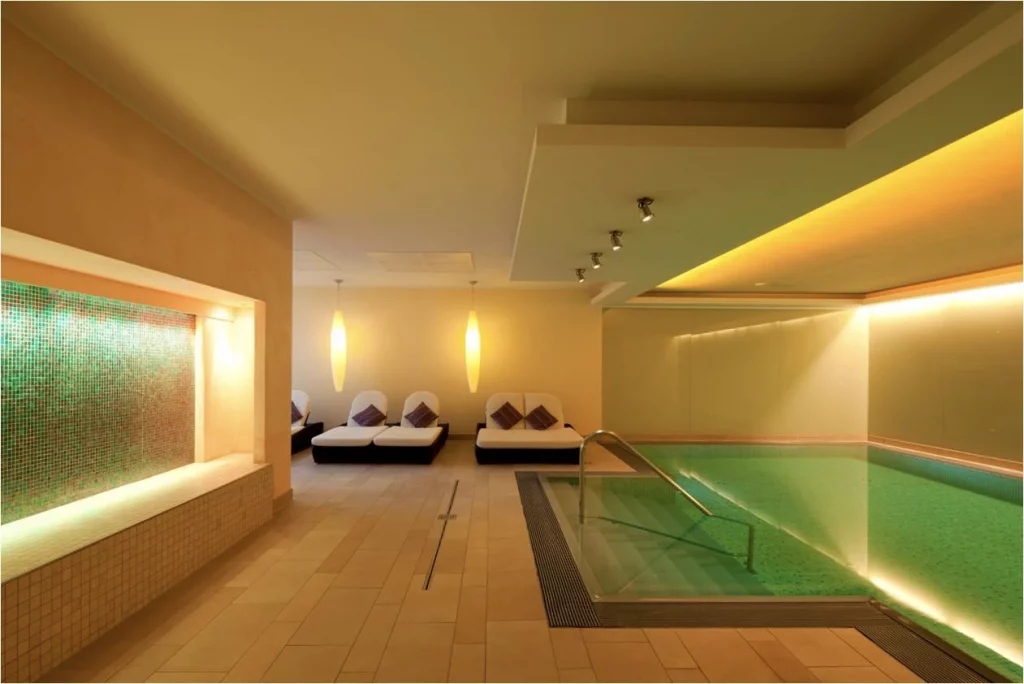
Comparison of the different lighting scenarios in the spa area
Insights and Outcomes
Overall, hotel guests exposed to chronobiologically customized lighting reported higher levels of well-being compared to those in the control group. This was accompanied by a subjective reduction in stress, fatigue, and discomfort, indicating a positive psychological impact of the dynamic lighting environment.
Furthermore, the chronobiologically adapted lighting contributed to improved sleep quality. This effect was reflected in the hormone profiles of the experimental group, showing a steeper morning decline in melatonin levels and a more pronounced evening increase – patterns consistent with a well-regulated circadian rhythm. These findings underscore the potential of biologically optimized lighting to enhance recovery, comfort, and overall guest satisfaction in hotel environments.
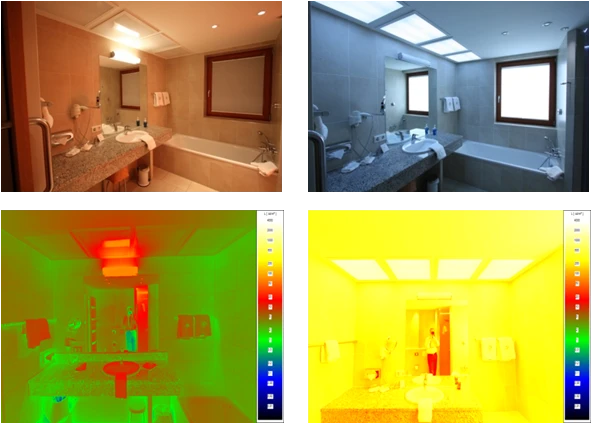
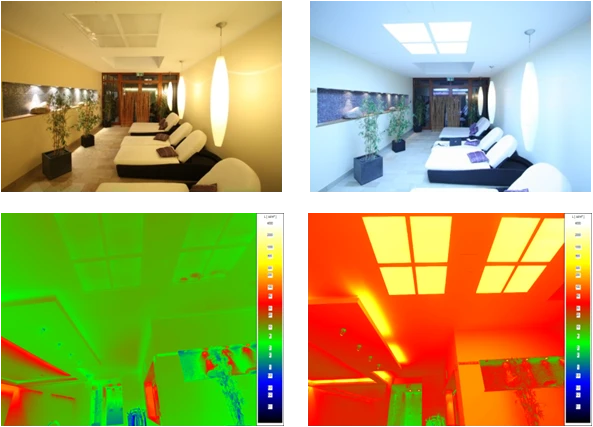
Experimental setup in the bathroom and spa area
Related Projects
Long-term measurement of spectral light conditions in Portuguese rehab settings
Long-term psychoneuro-endocrinologic evaluation of a chronobiologically adapted light system

